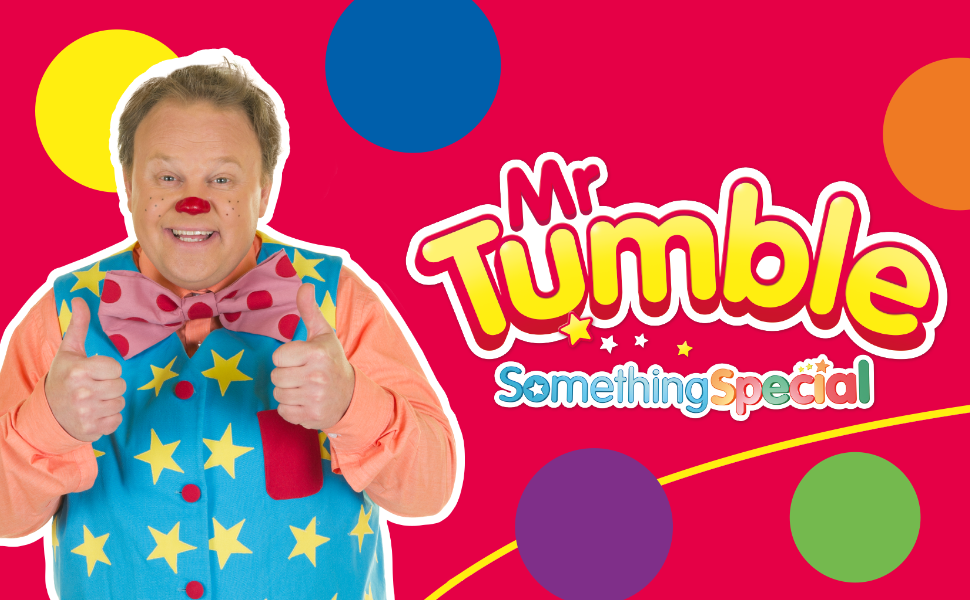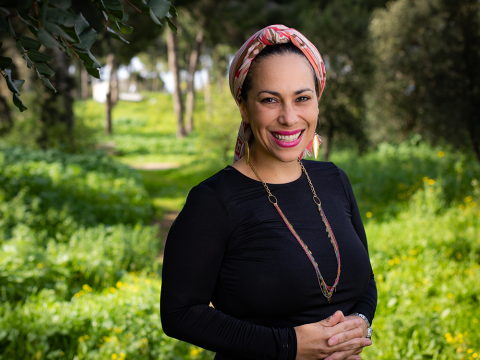Abraham Quiros Villalba’s journey from a young man with a passion for learning to a respected leader in technology and education is a story of perseverance, vision, and dedication. With an impressive background in both technology and social initiatives, Abraham has made a significant impact on the fields of education, innovation, and social empowerment. His work continues to inspire many and serves as an example of how one individual can drive positive change across multiple sectors.
Early Life and Background
Born and raised in Madrid, Spain, Abraham Quiros Villalba grew up in a modest family environment that cultivated values of hard work and empathy. His childhood was shaped by a love for learning, and even as a young student, Abraham showed a natural curiosity for languages, cultures, and technology. This early interest laid the foundation for his later academic and professional choices.
Abraham’s academic path took him to the University of Cádiz, where he studied Philology, focusing on languages. This broad academic foundation proved to be invaluable in his career, as it enabled him to connect with diverse communities and communicate ideas across cultures. However, it was his passion for innovation and technology that would ultimately define his professional life.
Career Beginnings
Abraham’s early professional experiences were varied, but they were all centered around his commitment to using knowledge as a tool for social good. After completing his degree, he embarked on several roles that honed his skills in content creation, communication, and problem-solving. His work as a writer and editor for various online platforms helped him build a reputation as someone who could take complex ideas and make them accessible to a wider audience.
It wasn’t long before Abraham’s skills caught the attention of tech innovators, and he began working on larger projects aimed at using technology to enhance education and social engagement. His first major foray into this space involved creating educational tools that made learning more interactive and accessible. His focus was on bridging gaps in education for underserved communities, particularly those with limited access to technology.
Rise as an Innovator
By the mid-2010s, Abraham had firmly established himself as an innovative thinker in the education sector. His work began to span beyond just creating educational tools to include a broader vision of how technology could be leveraged to solve social problems. He launched several initiatives aimed at improving educational outcomes for students in underprivileged areas.
One of his most impactful projects was a platform designed to provide free, high-quality educational resources to students in remote regions. The platform offered a range of interactive lessons, digital textbooks, and videos in multiple languages, ensuring that students from different backgrounds could benefit from the materials. The success of this project marked a pivotal moment in Abraham’s career, as it allowed him to further develop his ideas on how technology could foster social change.
Abraham’s work in educational technology led him to explore new ways of integrating artificial intelligence (AI) and machine learning into the learning process. By using AI, Abraham aimed to personalize the educational experience for each student, catering to their unique learning styles and needs. This approach not only improved educational outcomes but also made learning more engaging and effective.
Vision for Education
Abraham Quiros Villalba’s vision for education has always been centered around equity and accessibility. He firmly believes that every individual, regardless of their background, should have the opportunity to access quality education. This belief has driven much of his work and is the cornerstone of his educational initiatives.
One of the key aspects of his vision is the idea that education should not be limited by geographic location, socioeconomic status, or language barriers. Abraham has worked tirelessly to ensure that educational resources are available to students in underserved communities, particularly in developing countries. By providing free or low-cost access to digital learning materials, he has been able to help countless students overcome the barriers to education that many face.
Furthermore, Abraham advocates for the integration of technology into the classroom, not as a replacement for teachers but as a tool to enhance learning. He believes that when used effectively, technology can empower both students and educators, enabling them to connect, collaborate, and learn in new and innovative ways.
Impact and Achievements
Abraham’s work in education and technology has earned him recognition both locally and internationally. His projects have made a tangible difference in the lives of students, particularly those in marginalized communities. His ability to develop solutions that address the specific needs of these communities has set him apart as a leader in the field of education technology.
In addition to his work on educational platforms, Abraham has also been instrumental in developing programs that offer professional development for teachers. These programs aim to equip educators with the skills and knowledge they need to effectively incorporate technology into their teaching practices. Through these initiatives, Abraham has helped thousands of teachers around the world enhance their teaching methods and improve student outcomes.
Abraham’s influence extends beyond his direct contributions to education. He has been recognized with several prestigious awards for his work in technology and social impact. These include awards for his innovative use of AI in education and his efforts to make education more accessible through digital platforms. His work has also been acknowledged by global organizations focused on sustainability and social change.
Challenges and Lessons Learned
Like many individuals who strive to make a meaningful impact, Abraham’s journey has not been without its challenges. The path to success in both technology and education is often fraught with obstacles, but Abraham has consistently overcome these challenges through determination and a strong sense of purpose.
One of the greatest challenges Abraham faced early in his career was the lack of resources available to implement his ideas. Many of the communities he sought to serve did not have access to the necessary technology or infrastructure to support his educational projects. However, instead of being discouraged, Abraham saw this as an opportunity to innovate. He found ways to adapt his projects to work within the constraints of these environments, creating solutions that were both scalable and sustainable.
Another challenge Abraham encountered was the need to constantly stay ahead of rapidly evolving technologies. The world of education technology is dynamic, and Abraham had to continuously adapt his approach to keep up with new developments in AI, machine learning, and digital learning tools. His ability to navigate this ever-changing landscape has been a testament to his resilience and foresight.
From these experiences, Abraham has learned invaluable lessons about the importance of persistence, collaboration, and flexibility. His journey serves as a reminder that true innovation often requires overcoming significant obstacles and thinking creatively in the face of adversity.
Current Role and Future Goals
Today, Abraham Quiros Villalba continues to lead and innovate in the fields of education and technology. He currently serves as the founder and CEO of several initiatives that focus on improving educational access and outcomes worldwide. His current projects involve developing more advanced AI tools that can help personalize learning even further, ensuring that every student receives the support they need to succeed.
Abraham is also focused on sustainability, with a keen interest in how technology can be used to address global challenges like climate change. His future goals include expanding his work in renewable energy and exploring how AI can be used to create more sustainable solutions for the planet.
Additionally, Abraham is dedicated to mentoring the next generation of leaders in education and technology. Through various speaking engagements and mentorship programs, he shares his knowledge and experience with young entrepreneurs and educators, helping them develop the skills they need to make a positive impact in their communities.
Also Read This Blog: Freewayget .com Review: What You Need to Know Before Using It
Conclusion
Abraham Quiros Villalba’s life and work exemplify the power of education, innovation, and perseverance. From his early days in Spain to his current role as a global leader in education technology, Abraham’s journey is a testament to the transformative power of knowledge and the importance of using it for the greater good. His dedication to making education accessible to all, regardless of background or circumstance, continues to inspire countless individuals around the world.
As Abraham looks toward the future, his work will undoubtedly continue to shape the landscape of education and technology. His legacy is one of positive change, and his commitment to improving the lives of others through education and innovation remains as strong as ever. Abraham Quiros Villalba is a true pioneer, and his story serves as a powerful reminder that with vision, determination, and a passion for helping others, anything is possible.
Frequently Asked Questions
1. Who is Abraham Quiros Villalba?
Abraham Quiros Villalba is an innovator and social entrepreneur who has made significant contributions to education and technology. He is known for developing digital platforms and tools that enhance educational accessibility for underserved communities globally.
2. What is Abraham Quiros Villalba’s main impact in education?
His main impact lies in making education more accessible and equitable, particularly through technology. He has created platforms offering free educational resources and personalized learning experiences, which have benefited students in remote and low-income areas.
3. How has Abraham used technology to improve education?
Abraham has integrated artificial intelligence and machine learning into educational platforms, personalizing learning experiences for students. His work focuses on making education more interactive, engaging, and tailored to individual learning needs.
4. What challenges did Abraham face in his career?
Abraham faced challenges like limited resources in underserved communities and the rapidly changing landscape of educational technology. However, he overcame these obstacles by innovating and adapting his projects to fit the needs of the environments he worked in.
5. What are Abraham Quiros Villalba’s future goals?
Abraham aims to continue advancing education technology, particularly through AI, to further personalize learning. He also plans to expand his efforts in sustainability and continue empowering communities through education and innovation.





